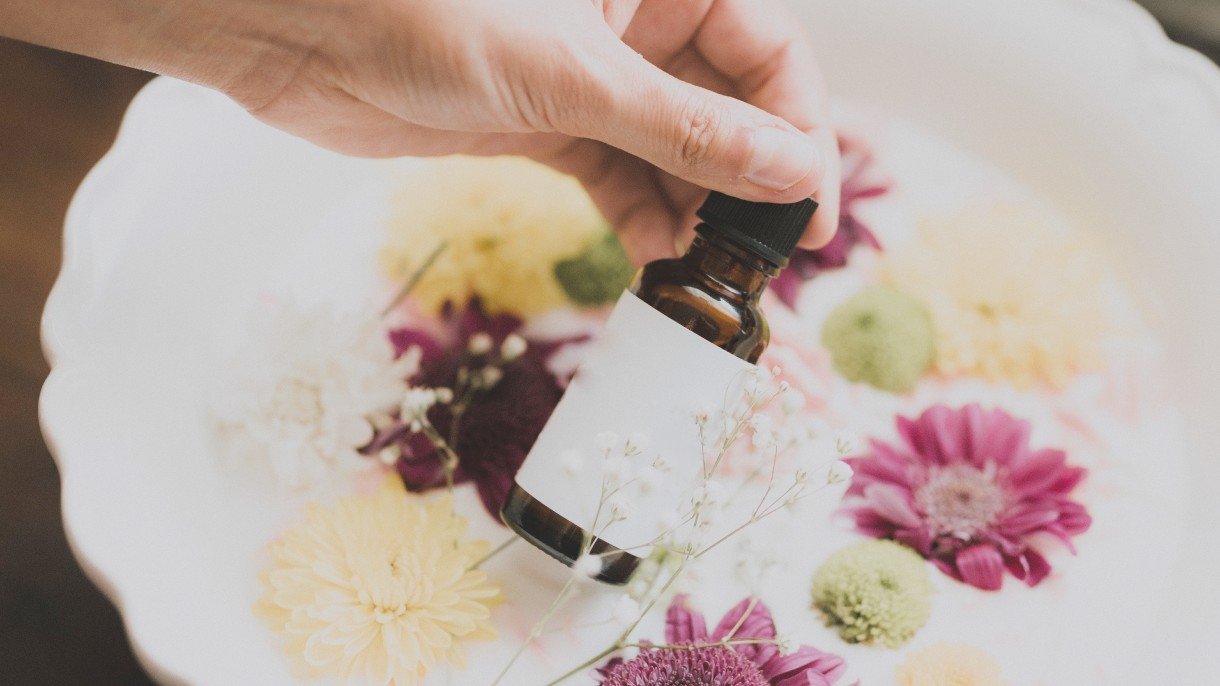How Do I Properly Dispose of Essential Oils

Essential oils can do a lot for you and your home. They can be calming and generally create a great ambiance for relaxation. As such, they are getting more and more popular with homeowners, especially those who lean more on the anxious side.
But while these oils are usually derived from plants, they pose a serious sustainability issue when it comes to their disposal. Most people are just not sure how to get rid of them, especially after they have oxidized.
Not to worry though – today we are going to discuss just that!
How do I properly dispose of essential oils?
To ensure that you are following the best disposal procedures, you should go through your oil’s Material Safety Data Sheet (MSDS).
This sheet has all the relevant information on how to get rid of small and large quantities of your oil. Depending on your particular oil, the sheet may advise you to mix it with an inert substance like sand and seal it in an approved container.
Alternatively, you could check in with your local waste management department and get a list of appropriate procedures. They could simply advise you to take the oil to your local hazardous waste site.
And if worse comes to worst, you can dig a hole in your garden and pour the oil in it.
Can you pour essential oils down the drain?
While pouring a few drops of essential oils down the drain is okay and can even curb odors, it is not suitable for large amounts. Since they are very concentrated, having them end up in groundwater is not in our best interest.
How do you know your essential oils have surpassed their shelf life?
While some essential oils like sandalwood age really gracefully, most don’t. They can lose their aromatic and therapeutic value over time and even become an allergen. As such, it is important to pay close attention to any changes in your oil.
Once you notice that its aroma is not as rich as before, you should not use it for topical application anymore.
How to reuse essential oils
Just because your essential oil isn’t as aromatic as it used to be doesn’t mean you should throw it out.
Instead, there are a variety of ways you can reuse it. These include:
- Refreshing your drain: As we said before, a few drops of essential oil can do a lot to refresh your drainage and get rid of odors. Don’t pour more than 2 drops though.
- Refreshing your trash receptacle or vacuum bag: Sprinkling 1 to 2 drops of essential oil into your trash or vacuum bag can help get rid of odors, rodents, and insects. Peppermint, citronella, and lavender are particularly good at this.
- Cleaning the house: When mixing up your cleaning agents, you can add a few drops of your old essential oils as well – these can make the house smell nice. Just ensure to protect your hands and skin though – aging essential oils can be really harsh.
Are essential oil bottles recyclable?
Yes, you can recycle essential oil bottles. In fact, companies like doTERRA take back and recycle all the packaging associated with their essential oils.
What can you do with empty essential oil bottles?
If you are not ready to recycle your old essential oil bottles, you can easily reuse them around the house to:
- Store herbs
- Hold home-made oils
- Make small flower vases
- Act as travel bottles for shampoo and conditioner
Take care of your essential oils
Ultimately, proper care is the best way to ensure you don’t have large amounts of aging essential oils in the first place.
So use dark-colored bottles to store your oils in a cool dry place and consider getting a mini-fridge for them. The longer you can keep them fresh, the better!
